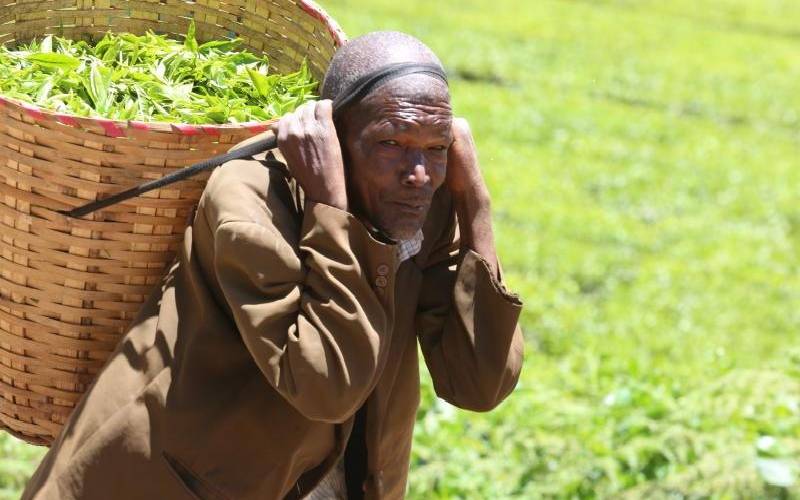×
The Standard e-Paper
Join Thousands Daily

The Ministry of Agriculture is pushing ahead with the implementation of new tea regulations despite protests from industry players.
Cabinet Secretary Peter Munya yesterday said implementation of the regulations would be staggered between now and February next year, noting that he had given players ample time to prepare.